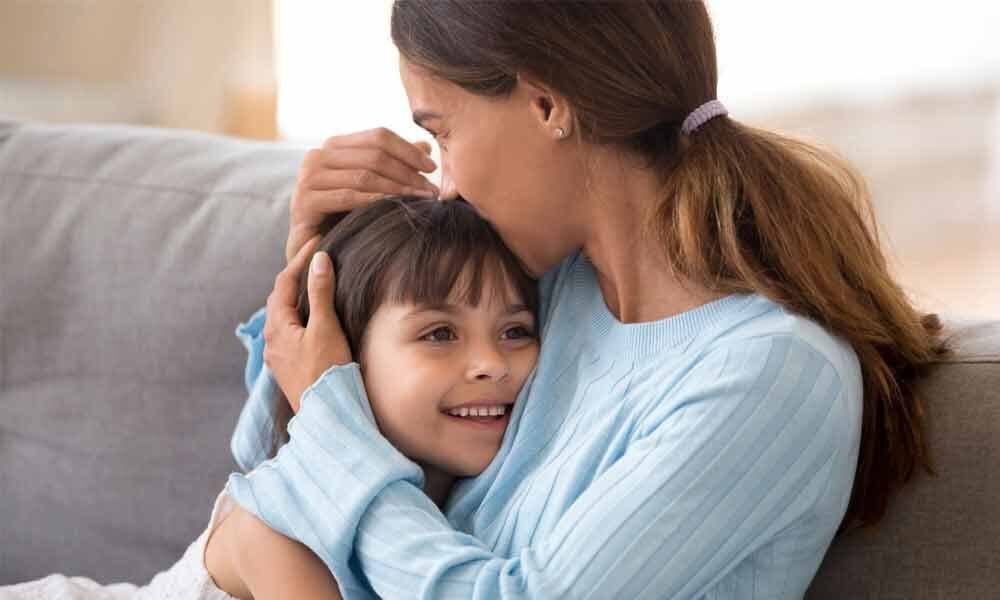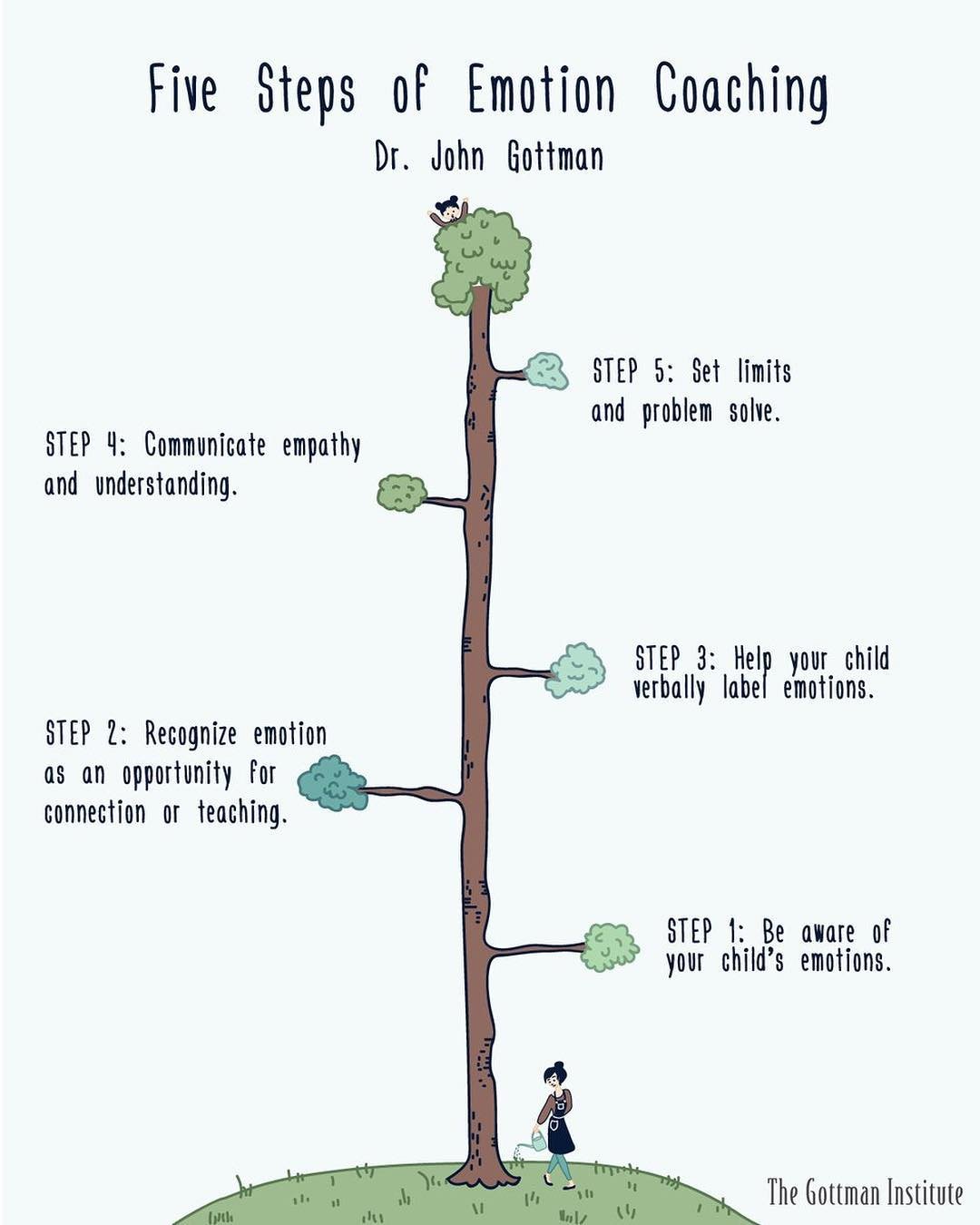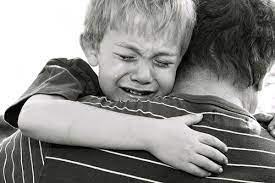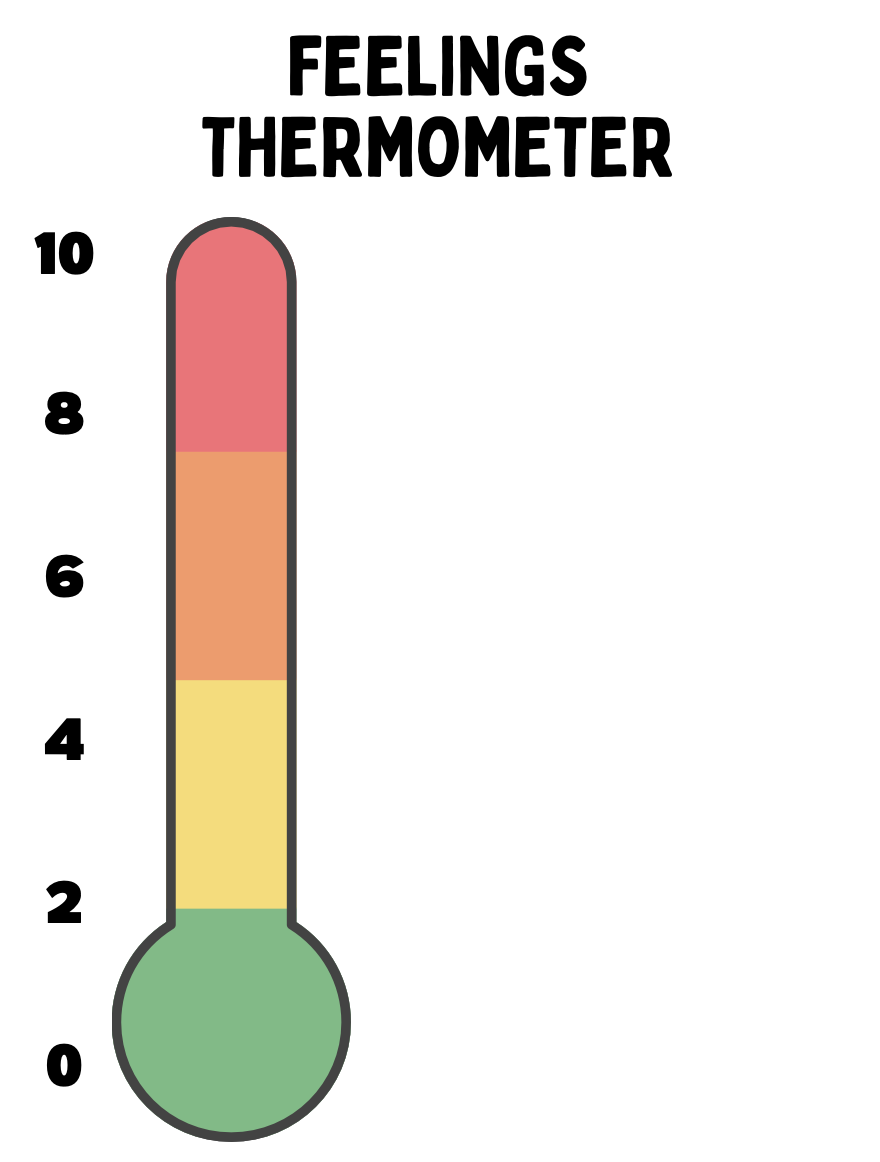
Supporting Your Child Through School Exams: A Guide for Parents
We are at that time of year again when many children and adolescents will be completing exams at school. School exams, while important, can trigger a range of emotions in children—from excitement and motivation to anxiety and stress. It’s natural for children to feel some pressure, but the way parents respond can significantly influence how they handle these challenges.
In this post, I’ll share practical tips and strategies to help you support your child through exam season in a way that fosters both academic success and emotional well-being.

Nurturing Positive Body Image in Our Children: A Journey of Self-Love
In a world where media portrays unrealistic beauty standards, fostering a positive body image in our children has become more important than ever. As children's self-perception is shaped from an early age, it's crucial to equip them with the tools to embrace their bodies with love and confidence. In this blog post, we'll explore the significance of nurturing a positive body image and introduce you to valuable resources, such as those provided by Embrace Kids, to guide you on this journey

Nurturing Your Child's Emotional Well-being: A Guide to Parenting with Polyvagal Theory
In the ever-evolving landscape of parenting, there's an incredible tool that can offer profound insights into understanding your child's emotions and fostering their emotional well-being: the Polyvagal Theory. By incorporating the principles of Polyvagal Theory into your parenting approach, you can create a nurturing environment that helps your child thrive emotionally.

Building Stronger Connections with Your Child: The Power of the PACE Model
In the journey of parenting, one approach that has gained considerable recognition is the PACE model. Developed by renowned psychologist Dan Hughes, the PACE model stands for Playfulness, Acceptance, Curiosity, and Empathy. This approach offers a unique and effective way to connect with your child on a deeper level and foster their emotional well-being.

How to ask kids about their school day, and actually get a response!
As a psychologist, I often hear frustration from parents who ask about their child’s day at school and find that their child provides one word responses. Here are some tips that you might find helpful to encourage your child to communicate and help strengthen your relationship.

Do video games increase violence in children?
As a psychologist, one of the most common concerns that parents ask about is whether their child’s video game use will increase their likelihood of being violent. So, what does the research say about video games and violence?

Fostering self-compassion in your child, and how is it different from self-esteem
As a psychologist, I often work with parents who are concerned about their child's self-esteem. While self-esteem is undoubtedly important, it's not the only factor that contributes to a child's mental health and wellbeing. In recent years, there has been growing interest in the concept of self-compassion and its potential benefits for children's emotional development.

What is neurodiversity affirming practice and how can it support your child/ren.
Neurodiversity affirming practice is an approach that supports the neurological diversity of individuals and seeks to create an inclusive and accepting environment for all individuals, regardless of their neurodivergent traits or diagnoses.

Developing emotional awareness in children using emotion coaching
The concept of emotion coaching was developed by psychologist John Gottman and his colleagues, who found that parents who were able to recognize and respond appropriately to their children's emotions had children who were more socially and emotionally competent.

Tips for fostering a growth mindset in your child
By fostering a growth mindset in children, parents and educators can help them develop a love of learning, build their self-esteem, and set them on a path towards lifelong growth and success.

Raising a highly sensitive child
Raising a highly sensitive child requires a unique approach that values sensitivity and emotional intelligence. With the right support and understanding highly sensitive children can thrive and use their unique qualities to make a positive impact in the world.

What works when it comes to shaping children’s behaviour
I was recently having a chat with a parent who asked what she should do when her child engages in non-preferred behaviours. Here is my response…

What is the Collaborative and Proactive Solutions model by Dr Ross Greene?
‘Kids do well if they can’ is a concept that comes from Dr Ross Greene’s Collaborative and Proactive Solutions (CPS) model which suggests that challenging behaviour in children is a result of lagging skills



